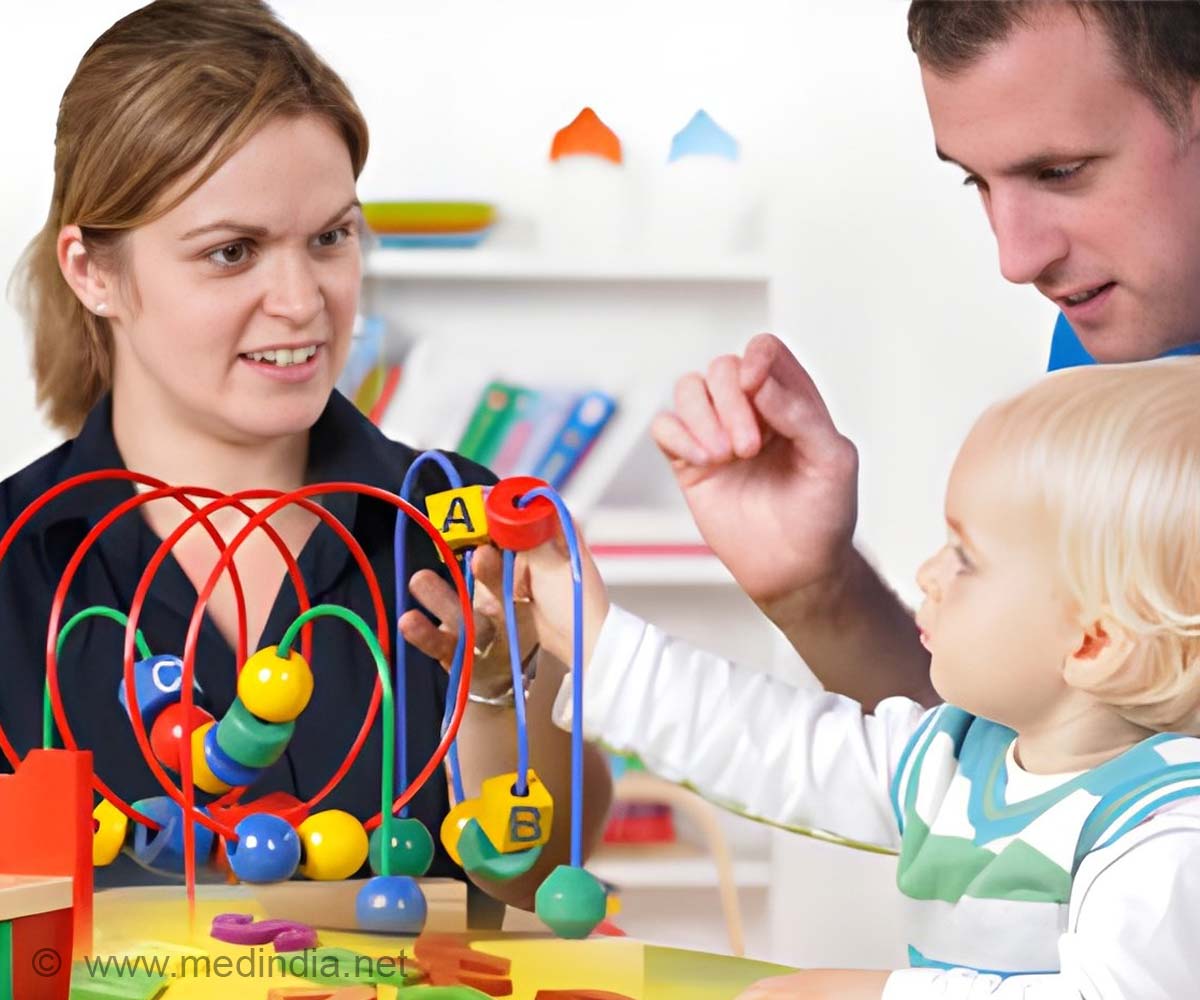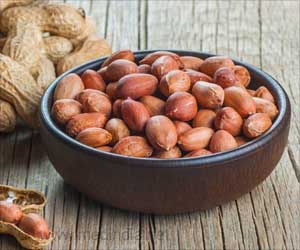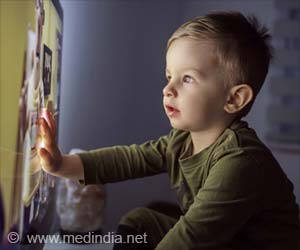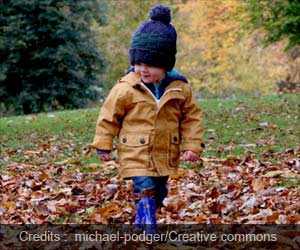Independent outdoor time and multisport activities positively influence children's motor competence, especially in girls, contributing to better physical development.

Children's outdoor time and multisport participation predict motor competence three years later
Go to source). “Just 30 minutes of daily outdoor time after a day at childcare predicted better motor competence in school-age girls,” says doctoral researcher and university teacher Nanne-Mari Luukkainen from the Faculty of Sport and Health Sciences.
‘Did You Know?
Kids aged 3–12 get 60–165 minutes of outdoor play daily, reducing the risk of obesity, heart disease, and type 2 diabetes—while boosting brain power and mental health. #medindia #kids #brain #play’





Kids aged 3–12 get 60–165 minutes of outdoor play daily, reducing the risk of obesity, heart disease, and type 2 diabetes—while boosting brain power and mental health. #medindia #kids #brain #play’
Gender Differences in Activity Levels
Boys were found to be significantly more active than girls, which may be one reason no connection between outdoor time and motor competence was observed in boys. Additionally, the study confirmed the importance of multisport activities for children’s motor development. “We found a connection between multisport and the development of motor competence,” Luukkainen says.“Engaging in two or more sports during early childhood education predicted better motor competence later in school age.”
Encouraging Diverse Physical Activities in Children
The study emphasizes the independent roles and importance of outdoor time and multisport activities in the development of children’s motor skills. Engaging in multisport activities, in particular, predicts the strengthening of motor competence.“Based on the results, coaches and physical education teachers should consider the importance of both organised and non-organised physical activities in the holistic development of children and encourage children to engage in diverse physical activities,” Luukkainen emphasizes.
The longitudinal study included more than 600 children. The development of motor competence in childhood is a key factor in maintaining physical activity and engaging in an active lifestyle.
Advertisement
The longitudinal study consisted of two separate studies: “Skilled Kids” (early years) and “Active Family” (early primary school), which followed the same children every three years. The study included 627 children from 23 locations across Finland. The children were randomly selected to ensure a comprehensive representation of the entire country, considering geographical location and population density.
Reference:
- Children's outdoor time and multisport participation predict motor competence three years later - (https://www.tandfonline.com/doi/full/10.1080/02640414.2025.2460892)
Source-Eurekalert










